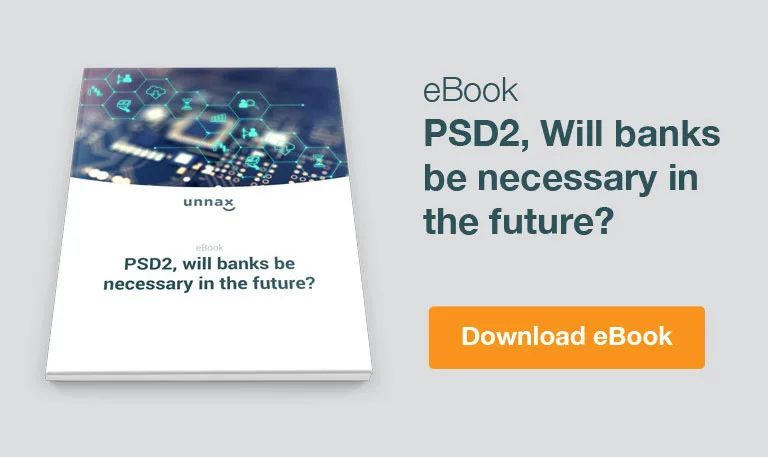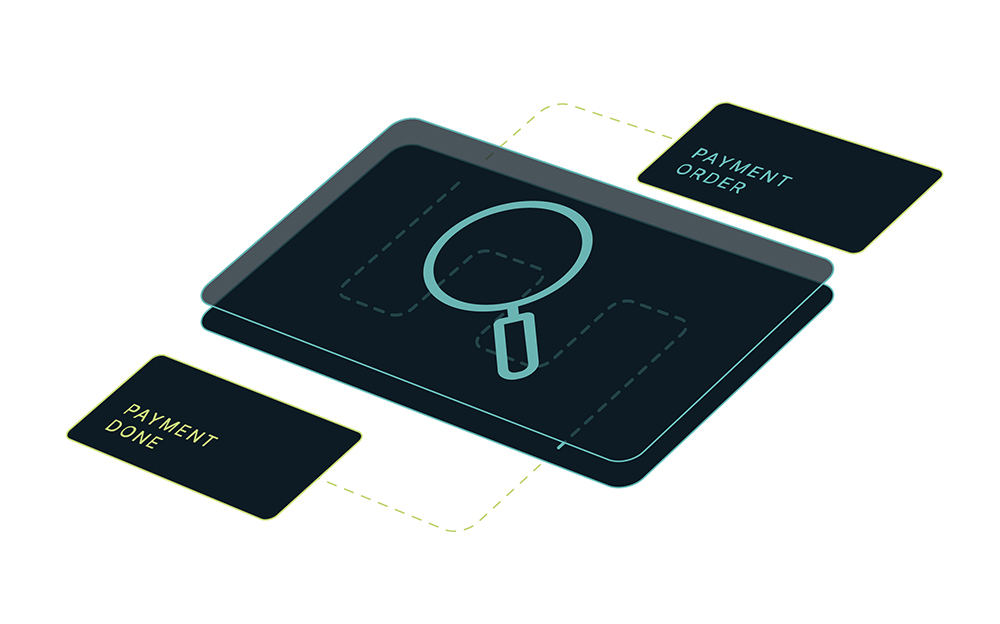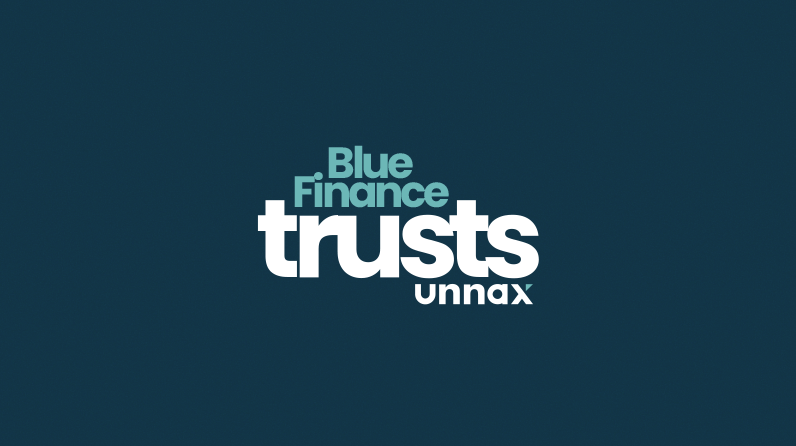When a person (or group of people: a company, lobby, state, etc.) takes a decision, they tend to weigh up the pros and cons. If the decision has risks, they often pass on the opportunity. However, sometimes, it’s worth getting into the game, because the worst risk is not taking the pitch at all. And other times, society pushes so hard in that direction that we have no option other than to jump on the bandwagon. And this is the case with everything associated with the new digital economy: no one can afford to be left behind. Does that mean we’re all in clear and imminent danger? No, there are ways to protect yourself. Let’s look at some of them, specifically those that involve using APIs.
Online fraud: state of the situation
We mentioned the digital revolution before. The figures speak for themselves. Take the report by WorldPay on e-commerce in Europe, which points to the United Kingdom (€2.5 billion per year) and Germany (€3.4 billion) as the leaders in this sector, and highlights the Netherlands and Italy for their noteworthy growth, Spain for its potential in this sector (above all due to the growing use of mobiles and mobile payments) and, in general, the whole EMEA zone (in fact, e-commerce is growing around the world).
And this is only one sector. We could cite reports on others and the figures would point to similar trends. This is the case of digital banking, with physical interactions dropping, mixed interactions (people interacting with their bank physically and virtually) also down and only fully digital interactions rising. This means, a priori (and only a priori), that clients and consumers are more exposed to online fraud and scams. That’s why companies and governments are implementing measures to make sure the risks of the virtual environment don’t slow the digital economy.
APIs, meeting demand, minimising risk
Demand is on the street: consumers have little time, increasingly varied supply to choose from and want good service, whether in person or online. The digital experience (safe and high quality) is required of all sorts of companies, including those in the financial sector. And this fact must be taken into account, balancing it with fraud prevention. A figure from a study by Forrester Consulting shows that 39% of EMEA companies saw an increase in their losses from fraudulent acts in 2016 (in some cases, like in Spain, it was 45%). The challenge is clear: to give clients what they want, in a secure manner, to generate new profits.
The fact that a good part of companies’ operations has moved from the “real” world to the virtual world has changed the rules on prevention and security. For example, in the physical world, some of the most common scams required fake credit cards and personal ID, or counterfeit bills, and the scammer had to get lucky with a shopkeeper who didn’t notice the fraud. In the age of the global network, the variety of scamming methods (phishing, Trojans and other viruses, data theft, etc.) has been greatly diversified. Fortunately, the methods for fighting cybercrime are also advancing at a good pace.
APIs: a powerful weapon against online fraud.
APIs (Application Programming Interfaces) are the “key” that allow databases (of a website and an app, for example) to “understand” each other. This technology is what makes it possible, for example, for you to sign up on other websites using your social media profile, saving you the hassle of filling in a long registration form. But APIs are also being used to protect consumers. This is the case of those focused on ensuring the payment process is completed properly (and according to current law). Those that verify the payer’s data is true. Those that detect suspicious behaviour patterns. Or those that notify clients of operations and ask them to re-confirm authorisation. APIs allow for automatisation of processes, minimising the chance of human error and ensuring compliance with regulations.
API developers are focusing most of their efforts on prevention and security. At Unnax, we share in that desire.








